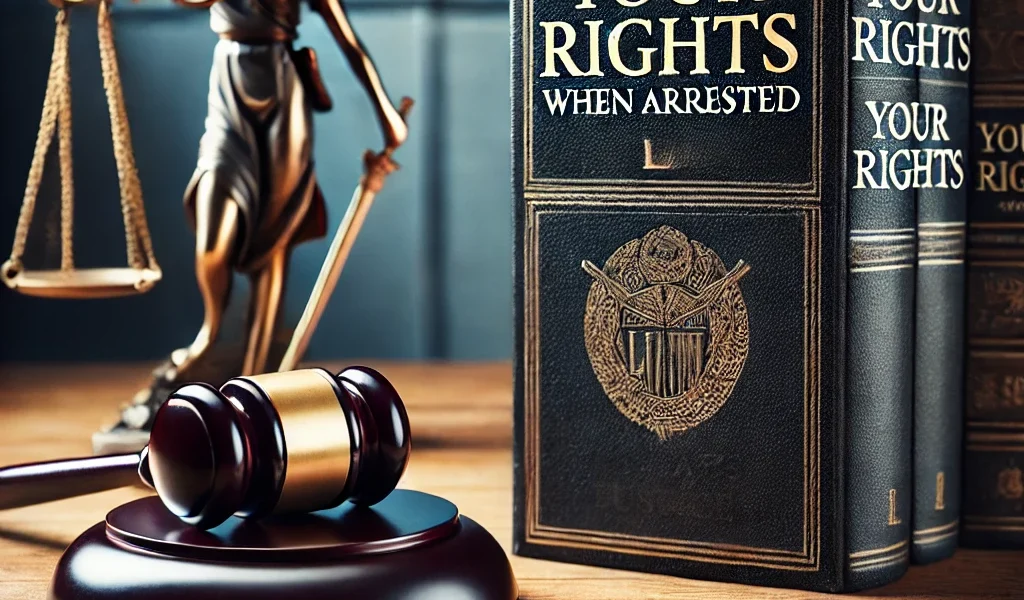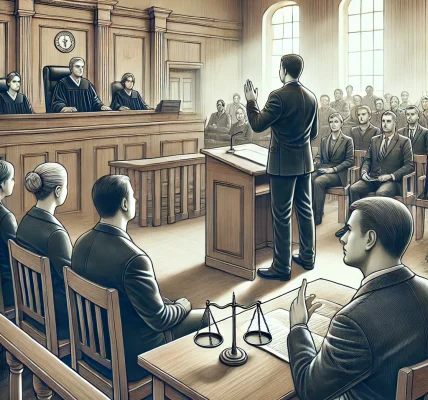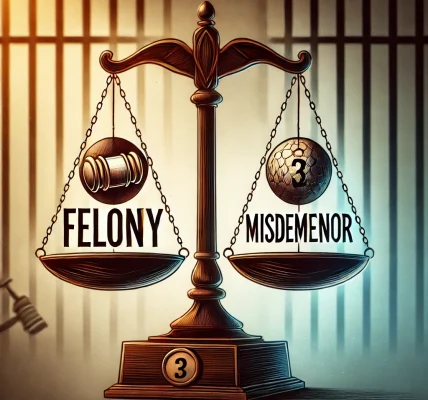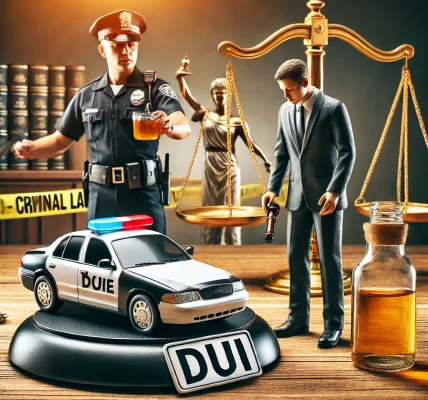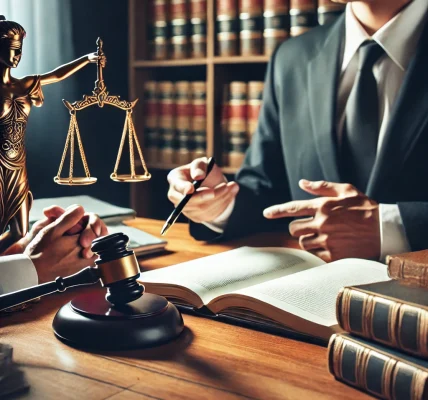Introduction
Being arrested can be a stressful and overwhelming experience, but knowing your legal rights can help you navigate the situation effectively. In most legal systems, individuals have fundamental rights that protect them from unlawful detention, coercion, and unfair treatment. This guide will help you understand your rights when arrested, how to exercise them properly, and what to do in such situations.
Understanding the Arrest Process
An arrest occurs when law enforcement officers take an individual into custody under suspicion of committing a crime. This can happen in different ways, including:
- With a Warrant: A judge issues an arrest warrant based on probable cause.
- Without a Warrant: Officers arrest a suspect if they witness a crime or have strong evidence of a crime.
- During a Traffic Stop: If law enforcement finds evidence of illegal activity during a routine stop.
Regardless of the circumstances, you have specific rights that must be upheld by law enforcement.
Your Fundamental Rights When Arrested
1. Right to Remain Silent
One of the most important rights is the right to remain silent. Anything you say can be used against you in court. You are not obligated to answer questions from the police except for basic identification details.
- Politely inform the officers that you wish to exercise your right to remain silent.
- Avoid providing unnecessary information that could be misinterpreted.
2. Right to an Attorney
You have the right to legal representation during questioning and court proceedings.
- If you cannot afford an attorney, the court will provide one for you.
- Do not discuss your case with the police until you consult your lawyer.
- Request an attorney immediately and avoid answering further questions.
3. Right to Know the Charges Against You
You have the right to be informed of the exact charges being brought against you. This helps you understand what legal actions may follow and prepare your defense.
- Ask the officers for clarification if the charges are unclear.
- If you are being held without charges, this could be an illegal detention.
4. Right to be Free from Unreasonable Searches and Seizures
Law enforcement officers cannot search your property without a valid reason. Exceptions include:
- If they have a search warrant.
- If they have probable cause to believe a crime is occurring.
- If you consent to the search.
Never consent to a search unless a warrant is present. If officers conduct an illegal search, evidence obtained may be inadmissible in court.
5. Right to a Fair Trial
Every individual has the right to a fair and speedy trial. This includes:
- Being presumed innocent until proven guilty.
- Having legal representation.
- Receiving a fair hearing before an impartial judge or jury.
6. Right to Make a Phone Call
You have the right to make at least one phone call after being arrested. This call can be used to contact:
- A family member or friend.
- An attorney.
- A bail bondsman.
In some cases, law enforcement may listen in on non-attorney phone calls, so be cautious about what you say.
7. Right to Bail
Bail is a financial guarantee that allows you to be released from custody while awaiting trial.
- The bail amount depends on the severity of the charges.
- If you cannot afford bail, you may request a reduction or seek a bail bondsman.
- In some cases, bail may be denied if you pose a flight risk or danger to society.
What to Do If You Are Arrested
- Stay Calm and Cooperate
- Do not resist arrest, even if you believe it is unfair.
- Arguing or struggling could result in additional charges.
- Clearly Assert Your Rights
- Politely inform the officers that you are invoking your right to remain silent.
- Request an attorney before answering any questions.
- Avoid Making Statements
- Do not attempt to explain or justify anything.
- Anything you say can be used against you in court.
- Take Mental Notes
- Observe the officers’ behavior and badge numbers.
- Take note of any witnesses who could testify on your behalf.
- Do Not Consent to Searches
- If officers search you without a warrant, express that you do not consent.
- Unlawfully obtained evidence may be challenged in court.
What Not to Do When Arrested
- Do not resist arrest: Even if you believe it is wrongful, resisting can escalate the situation.
- Do not lie to the police: Providing false information can result in additional charges.
- Do not discuss your case over the phone: Calls from jail are often recorded.
- Do not post about your arrest on social media: Anything online can be used against you.
What Happens After an Arrest?
1. Booking Process
After arrest, the police will take:
- Your personal information (name, address, fingerprints, and photographs).
- A record of the charges against you.
2. Arraignment
You will appear before a judge, who will:
- Read the charges against you.
- Ask if you plead guilty or not guilty.
- Decide on bail or release conditions.
3. Legal Proceedings
- If you plead not guilty, your attorney will prepare a defense.
- The prosecution will present evidence against you.
- If found guilty, sentencing will be determined based on the crime.
What If Your Rights Are Violated?
If law enforcement violates your rights:
- Document the incident: Take note of dates, times, and officer details.
- Inform your attorney: They can challenge unlawful arrests or misconduct.
- File a complaint: You can report police misconduct to oversight agencies.
Conclusion
Understanding your rights when arrested is crucial in protecting yourself legally. Always remain calm, invoke your right to remain silent, and seek legal counsel immediately. If your rights are violated, take appropriate legal steps to challenge the misconduct. By staying informed, you can navigate an arrest situation with confidence and avoid unnecessary legal complications.
